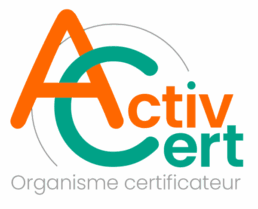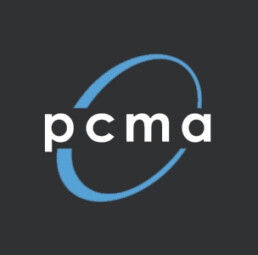How Event Professionals Can Think Like Futurists
Source :PCMA
Author: Casey Gale

Amid continuing uncertainty around planning events during COVID’s wild ride, we turned to professional futurists to help put us on the path to envisioning business events going forward. Here’s a shorthand guide to thinking like a futurist.
In a living-with-COVID world, if there was one association that you would assume would know precisely how its upcoming May conference in Toronto will take shape, it would be the Association of Professional Futurists (APF), whose members make their living by helping organizations see what’s around the corner and far down the road. But when Convene spoke in late December with APF board member Joyce Gioia, CEO of The Herman Group of Companies and board liaison for the association’s annual gathering, she said they were still exploring in-person, hybrid, and digital possibilities. (Several weeks after we spoke, Gioia said the decision was made to hold the event virtually.)
The fact that professional futurists couldn’t say for certain what their upcoming event, only five months away, would look like puts the universal challenge of planning in the pandemic’s wake in stark relief. But even setting COVID aside, futurists don’t profess to have a crystal-ball clairvoyant ability to predict the future. They use strategic frameworks and foresight — a mix of intuition, understanding, and imagination, says Switzerland-based futurist Gerd Leonhard — to plan ahead.
The late Alvin Toffler, whose 1970 book Future Shock established him as one of the world’s foremost futurists, said we can only envision our future by tapping into our human capacity for creativity. Maria Bothwell, CEO of Toffler Associates, the strategic advisory firm he founded, shared one of his quotes when she spoke with Convene: “The inability to speak with precision and certainty about the future is no excuse for silence. It’s more important to be imaginative and insightful than to be 100-percent right.”




